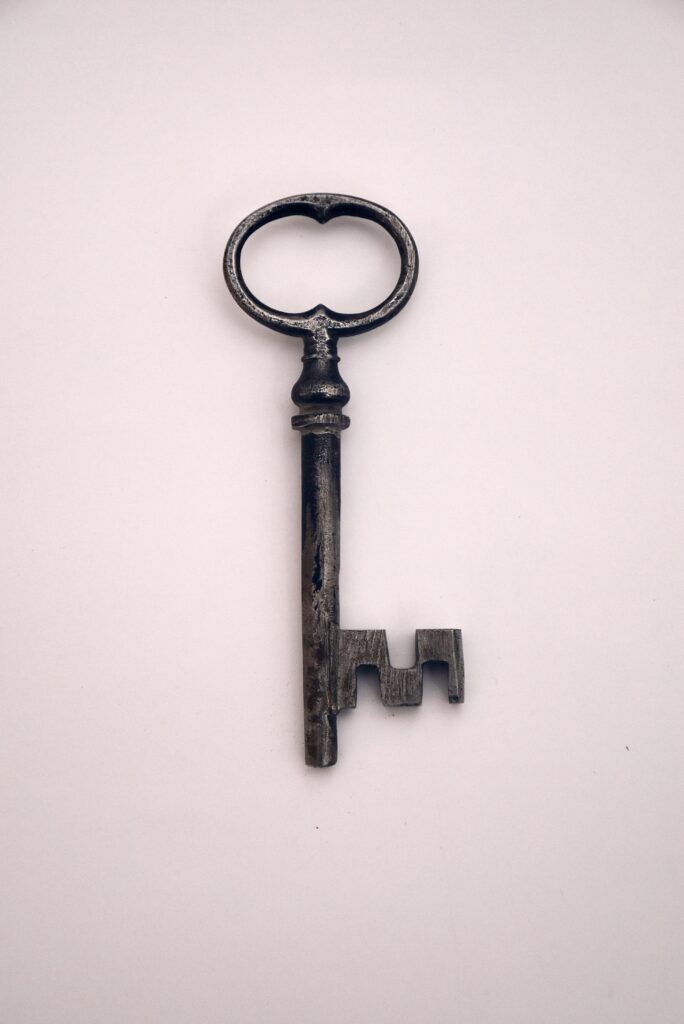
I want to learn about the magic of authentic leadership.
So I had virtual coffee chats with 8 of the most authentic leaders that either I personally worked with or were referred to by other authentic leaders. With their permission, I’m sharing the results in a 4-part article series. For context: you can read more on the methodology and how I define authenticity.
Today we focus on the third interview question: Since not all high achievers are authentic, what makes some high achievers authentic?
Two surprising findings:
- Not all high achievers started out authentic in the workplace. For some high achievers, showing up in the workplace authentically is innate, for others it had to be cultivated.
- Authenticity is the key to their consistent high achievement. While one can get ahead by being inauthentic or a jerk, authenticity allows for more long term success and ease. This means less personal contortion and workplace conflict because there is increased trust in their professional relationships.
For several high achievers, authenticity in the workplace is innate:
It was too exhausting not to be authentic. One high achiever found it too exhausting to be multiple people, so they choose to be the same person – their own authentic selves at work. If people don’t like who they are, then there are limited options to change into. They accept that people will like or not like them (sometimes it includes their own family members) and they choose not to fit into someone else’s expectations since they are usually the odd person in a crowd and felt different from other kids at a young age.
It’s easier to be authentic earlier in their career. As one high achiever noted: in the corporate world it is not possible to be 100% authentic because one is not friends with managers, subordinates, or peers. They find it easier to be authentic early in one’s career but as one gets more responsibility and accountability in an organization it gets harder to be in full authenticity given potential conflicts and ethical situations. So for this high achiever, being authentic later in one’s career means bringing as much authenticity to the role and environment as appropriate. Boundaries and limitations of the work role play into the delicate balance. It is not about acting or being disingenuous, it is about relating to and focusing on shared values even if the other person is very different from them.
Also as a leader, sometimes one has sensitive and confidential information that has an impact on others. Even during those times one can be authentic and truthful: “I have important information that will affect this team. I am not at liberty to share it now but when the information is shared, I will work with the team through it.”
Having a sense of confidence and humilityallowed one high achiever to say that they don’t know something, receive feedback from others, and have transparent communication. This allows others to know and trust them as a leader because let’s face it: people who work with you will know what are your weaknesses. Instead of trying to hide these blemishes, giving others permission to give feedback allows leaders to then improve and then also give feedback in return in a more safe environment because they are actually modeling that behavior. People can see through inauthenticity so authenticity is the consistent way to be successful in the long run because other people don’t have to second guess your leadership.
As another high achiever puts it, “It’s about being true to your word and putting your money where your mouth is.” When they show up authentically and stick to their commitments then they get buy-in from leaders and the team, which builds trust and strong relationships. This trust then fuels the longevity of success. While it is possible to step on others and succeed via inauthenticity, it is not sustainable in the long term.
Having a high standard for self and being able to say “I gave it my all today” is what prompts one high achiever to be authentic. It’s the ability to be consistent inside and outside: matching what they say with what they do. By doing this from day 1, this allows long term success regardless of incentives or reciprocity. Another way to frame this is to ask themselves: what do I want to be known for 5-10 years from now?


For others, their workplace authenticity had to be cultivated internally or externally:
Trim tab theory of authenticity – one high achiever stated that they were not always authentic in the workplace since their priority was getting along with others. However in their career, there were these small openings for being authentic: they would bring more of what they really thought or wanted to the situation, express it, and it was either well received or worked out well. This gave the person increased interest and courage to be more authentic when there was another small opening and another small opening. Bit by bit, the person was able to step in their authenticity at work and more and more doors opened.
They dubbed this the “trim tab theory” of authenticity because similarly how we cannot change the direction of a large boat quickly via the rudder, we similarly cannot just suddenly “be authentic” especially if the environment does not encourage it. A large boat actually has small pieces of metal called the trim tab that stick out and initiate a turn. The rest of the boat including the rudder follows through and eventually the whole boat changes direction. Additionally it stabilizes the boat by adjusting the running angle. I basically see it as a “practice makes better” situation.
A work culture that accepts authenticityencourages them to step into their own authenticity. One high achiever found it hard to “act like a boss,” especially early on in their career when they haven’t done it before. Having a work culture that accepts a level of authenticity is key to them not needing to hide. This includes a safety to be yourself, as this person is gay. They found the curiosity and willingness of others to relate to them in a genuine way a sign of workplace culture that practices authenticity. They would ask specific questions during interviews, see if there is an openness for LGBTQ+ employees and would make career decisions based on this acceptance and openness.
As another high achiever states, “In certain corporate cultures the high achievers are the jerks but they are high functioning and deliver results so they can get away with it.” So authenticity is not needed because one can be brilliant, everyone hates them, but they are needed for the organization’s success. So these are not the companies this high achiever selects for. Instead they seek out other companies where authenticity is valued as something that helps build relationships and creates the greatest opportunities for success. By self selecting for this culture, this high achiever then can consistently show up more authentically and achieve more.
Key takeaway? Over and over again, interviewed authentic high achievers shared that authenticity helps them be more consistently successful in the long term.
Being authentic is not a hit key word of the week that is dropped when it is not useful or trendy. Authenticity is something they consistently practice because it helps them to continue to do what they want to do professionally. This desire to persist then creates more long term achievement, prevents burnout because their inside and outside are matching, and develops more trust with people who interact with them – clients or coworkers.
Next week we will look at the responses to the 4th interview question: are high achievers who are authentic at work also authentic outside of work?
~~~~~~~~~~~~~~~~~
Do you know an authentic high achiever you wish I’d interviewed? Message me their name! I would love to invite them into a bigger study.
PS: The first interview question is: What drives high achievers? You can read the article here.
PPS: The second interview question is: What are the traits, characteristics, or qualities of high achievers? You can read the article here.
Join the email list to stay up to date on the newest articles.
[…] PPPS: The third interview question is: since not all high achievers are authentic, what makes some high achievers authentic? You can read the article here. […]